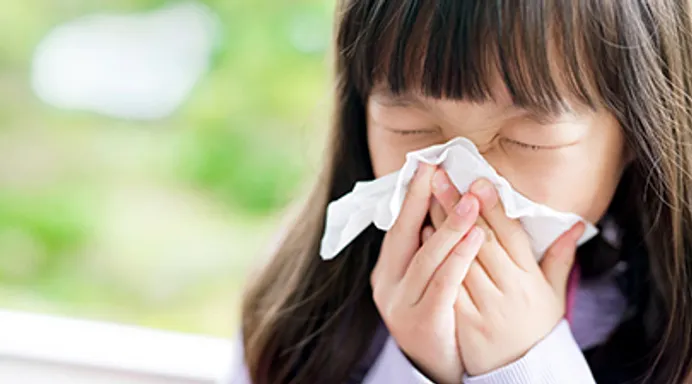May is National Asthma and Allergy Awareness Month and Gramercy Allergy is all about Asthma this month. We take that seriously at Gramercy Allergy and Dr Jennifer Collins, a top allergist in New York City, is here to help you!
Facts about Asthma
- Symptoms of asthma and allergies peak around this time.
- Asthma is a condition in which the airways from the nose and mouth to the lungs become inflamed and sensitive to substances. Asthma occurs in bouts known as asthma attacks. The airways swell and narrow, causing difficulty breathing. In severe cases, asthma can be fatal.
How Do You Know You Have Asthma?
Symptoms of asthma include
· Trouble breathing (shortness of breath or rapid breathing)
· Recurrent coughing
· Wheezing
· Tightness in the chest
· A night time cough that wakes you from sleep
· Trouble breathing (shortness of breath or rapid breathing)
· Recurrent coughing
· Wheezing
· Tightness in the chest
· A night time cough that wakes you from sleep
· If you’re worried you may have asthma see an allergist. An Allergist is a specialized doctor to treat allergies and asthma. Dr Collins is an allergist practicing in New York for over 10 years.
What triggers asthma?
- Allergens: Asthma caused by allergies is called allergic asthma. When the immune system thinks a foreign substance (for example, inhaled pollen) is harmful, it will release immunoglobulin E (IgE) which leads to inflammation of the airways and an asthma attack. Common allergens include pollens (like tree, grass, and weeds), animals, mice, roaches, and dust mites. Make sure to get a skin or blood test at your allergy doctor to find out what you’re allergic to!
- Wearing a Mask: Wearing a mask can trigger an asthma attack. Make sure you have your albuterol with you
- Irritants: Have you noticed symptoms of asthma whenever you are using cleaning products, tobacco smoke, or strong odors? Irritating particles in the air, such as from smoke, pollution, or strong odors, can exacerbate already inflamed and sensitive airways. These irritants are not allergens but can trigger a severe attack.
- Exercise: have you ever noticed symptoms of asthma whenever you are physically active? During exercise, people will breathe through their mouths instead of their noses. Because the nose warms and moisturizes air, air that enters through the mouth is cooler and dryer. If the air is already dry and cool outside, it can trigger narrowing of the airways (called bronchoconstriction). Talk to your allergy doctor to help manage exercise-induced bronchoconstriction.
- Respiratory illnesses: do you have a persistent lingering cough from a cold or flu? Asthma may be caused by infection of your respiratory system. This is the most common cause of asthma in children.
What should you do If You Suspect You Have Asthma?
· See your doctor or allergy specialist. Gramercy Allergy and Asthma, New York City’s premier Allergy office is here to help! You can schedule an appointment here.
· Get Tested. Know what your triggers are.
Over the month of May, Gramercy Allergy and Asthma, will be writing about topics specific to asthma so stay tuned to learn more about asthma.
We'll be including interesting facts about asthma, asthma and the gender gap, and ways to treat difficult asthma on our Facebook page and twitter. You can find us @gramercyallergy and https://facebook.com/gramercyallergy
Want to get more involved?
Share the Asthma and Allergy Foundations Allergy Awareness ribbon on your Facebook page or visit the Asthma and Allergy Foundation of Amercias webpage for more information.
Want more specific advice on treating asthma in New York? Visit our website http://www.gramercyallergy.com or click here to schedule an appointment online.
@gramercyallergy
#1in10#TackleAsthma?#Asthma

















